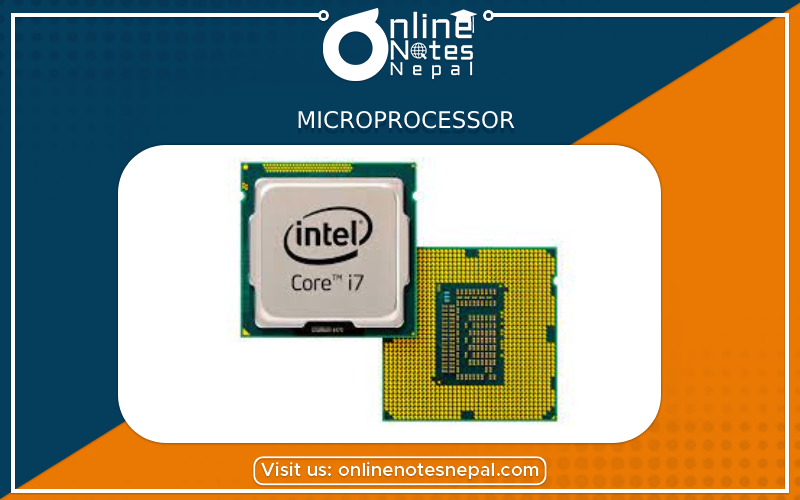Published by: Sujan
Published date: 18 Jun 2021

A microprocessor is the controlling unit of a computer made up of a small chip capable of operations and communication purposes. This small chip is known as the CPU which is microprocessors. It consists of ALU, Control Unit, and registers. This works on the instruction set and the cycle of processing. They are classified as:
CISC chips have a larger set of complex instructions. This needs multiple numbers of instruction cycles for execution. It works on the fetch and execution cycle which is a combination of a register to register transfer functions. It has the ability to execute addressing modes or multi-step operations within one instruction set. The CISC memory reads and writes operations from the integral part for execution. Because of frequent memory references, there is a reduction in the speed of the CISC machine.
Earlier, the CISC machine did not have the concept of pipelining. It has a variable-length instruction format. For general purpose, where the speed of the processors is not the primary importance, there is the use of CISC machines because of their low cost and affordability.
Advantages:
Disadvantages:
They are also the microprocessors designed to perform instructions at a higher speed. The CISC used complex assembly language instructions, which slowed down the compiler so RISC was evolved. So this contains simper instructions due to which RISC requires less no. of transistors. These are short and simple so it can be executed in a single instruction cycle. RISC cuts down on the number and complexity of instructions so that each one can be accessed and executed faster, and fewer semiconductors are required to process them.
There is no micro-program in RISC for interpreting the instructions. It has an efficient instruction pipeline. As soon as it completes one stage of the cycle, it proceeds with the second stage. That is why; it is called functioning in a pipeline manner. By overlapping the execution, RISC achieves execution parallelism.
Advantages:
Disadvantages:
The differences between RISC and CISC are:
| S.N. | CISC | S.N. | RISC |
| 1. | It has an emphasis on hardware. | 1. | It has importance on software. |
| 2. | It requires transistors for storing complex instructions. | 2. | It requires transistors for memory registers. |
| 3. | It has higher cycles per second. | 3. | They have lower cycles. |
| 4. | It does not have the feature of pipelining. | 4. | There is a pipelining feature. |
| 5. | It is slower than RISC. | 5. | It is faster than CISC. |
| 6. | It has complex instructions. | 6. | It has reduced no. of instructions. |